The Educational Philosophy in the Montessori Method
Montessori Method aims at nurturing love of learning and individual expression. Developing personal responsibility and self-discipline are the other exclusive characteristics found in the Montessori children.
Montessori Classroom Setting Montessori schools ensure dividing the space of the classroom into different logical portions by low open shelves. Each of these shelves is for specific purpose such as sensorial, language, life exercises, science, history, and geography. Each material is designed in such a way that children are naturally drawn to it and want to work with it.
Using what is known as built-in ‘error control,’ children can check their own work naturally. Enabling children to work in their pace and ensuring that they are not needed to depend on artificial learning material forever, this system provides a way for them to grasp and be aware of what they choose and work on.
The Montessori Educational Philosophy Children in the Montessori schools are not required to be afraid of committing mistakes. They understand that not many things are easy in life, and they try again without embarrassment or fear. The following are a few of the key differentiators in the Montessori Method of education:
- Sensorial: According to Dr. Maria Montessori, senses are the doorway to the mind. She considered manipulation of the senses as an aid to the natural development of sense organs such as ears, nose, eyes, skin, and tongue. Helping children to organize, compare, and categorize sensory stimulation greatly assists their intellectual development. Moreover, it makes future learning more useful and meaningful.
- Practical Life: The Montessori curriculum is designed in such a way that the young learners are empowered to perform and work on real life processes which nurture coordination, order, independence, and focus.
- Mathematics: The core purpose in designing the materials for Math is laying the base for cognitive development in later stage while preparing the children for a gradual and spontaneous transition to abstract thinking. Making concepts concrete and clear is achieved by using hands-on learning materials.
- Language: Fostering vocabulary development, achieving reading and writing capability, and communication skills are the focus.
- Science, History, Geography, and other portions of the Curriculum: Cultivating fascination and developing a lifelong passion toward learning these are the core objectives here.
Sharanalaya School is interested in assisting children to develop control over their fine and gross-motor movement. We ensure that children are educated with unique concepts and are offered with programs with different levels suiting to their unique needs.
Log on to https://www.sharanalayaschool.com/ for more details.

